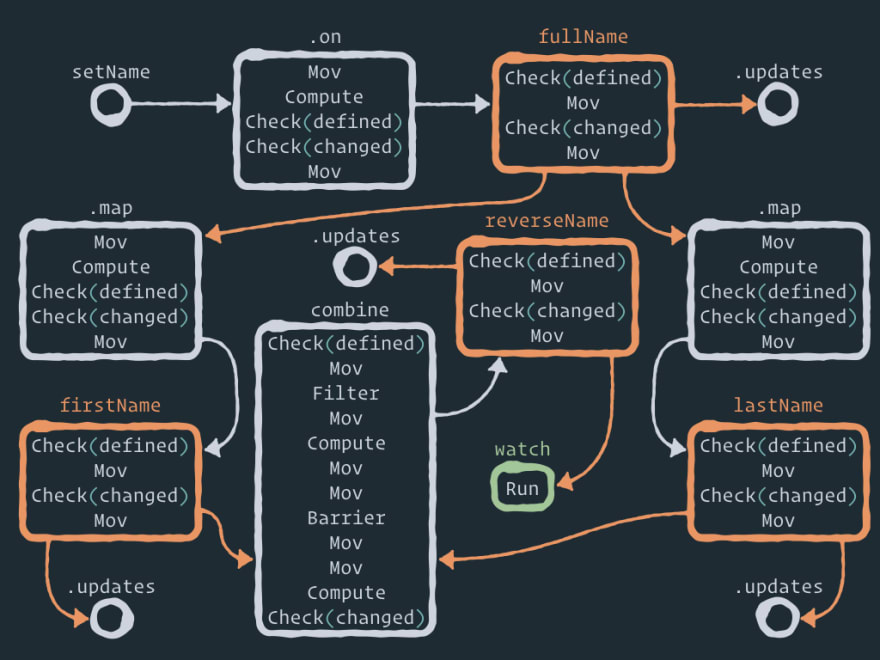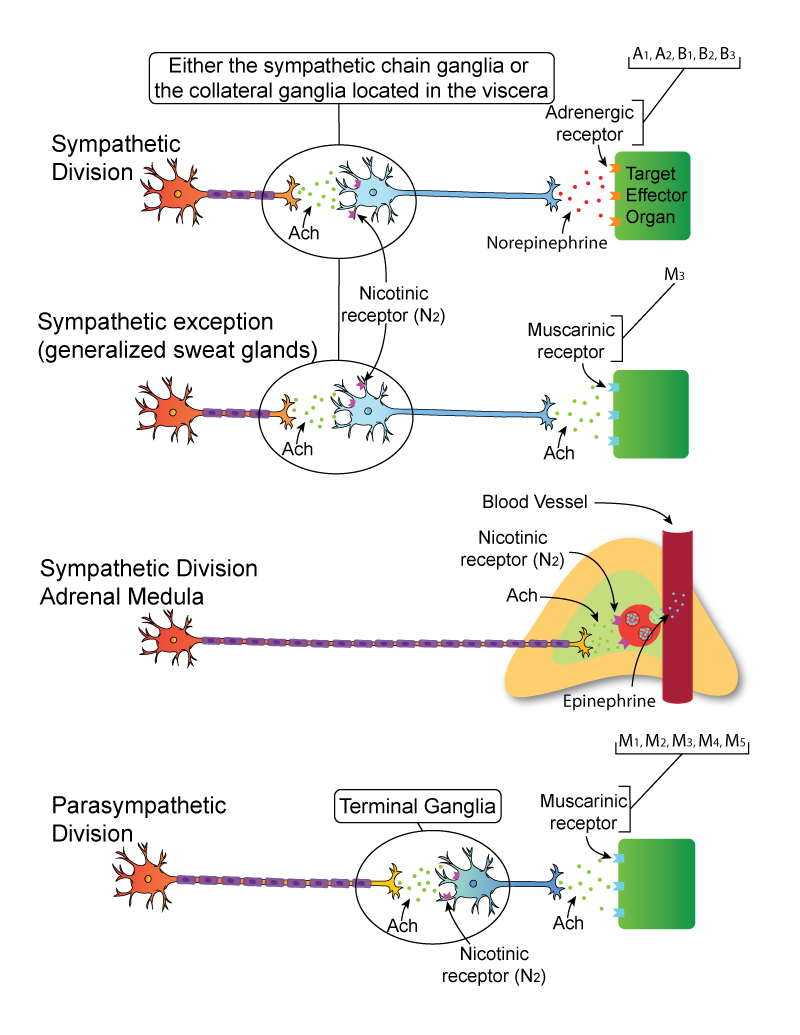
Routine social media use may compensate for diminishing face-to-face social interactions in people’s busy lives. We know that having a strong social network is associated with positive mental health and well-being. The findings go against what some might expect, which is intriguing. Did it surprise you to find that it can have positive effects?


We’re used to hearing that social media use is harmful to mental health and well-being, particularly for young people. For example, programs that develop “effortful control” skills-the ability to self-regulate behavior-have been widely shown to be useful in dealing with problematic Internet and social media use. Indeed, it could be beneficial.įor those with unhealthy social media use, behavioral interventions may help. In more general terms, these findings suggest that as long as we are mindful users, routine use may not in itself be a problem. Emotional connection to social media-for example, checking apps excessively out of fear of missing out, being disappointed about or feeling disconnected from friends when not logged into social media-is negatively associated with all three outcomes. We found that routine social media use-for example, using social media as part of everyday routine and responding to content that others share-is positively associated with all three health outcomes. Using a nationally representative sample, we assessed the association of two dimensions of social media use-how much it’s routinely used and how emotionally connected users are to the platforms-with three health-related outcomes: social well-being, positive mental health, and self-rated health. Our study has brought preliminary evidence to answer this question. potentially problematic social media use? Chan School of Public Health, discusses a new study he co-authored on associations between social media use and mental health and well-being.


January 6, 2020- Mesfin Awoke Bekalu, research scientist in the Lee Kum Sheung Center for Health and Happiness at Harvard T.H.


 0 kommentar(er)
0 kommentar(er)
